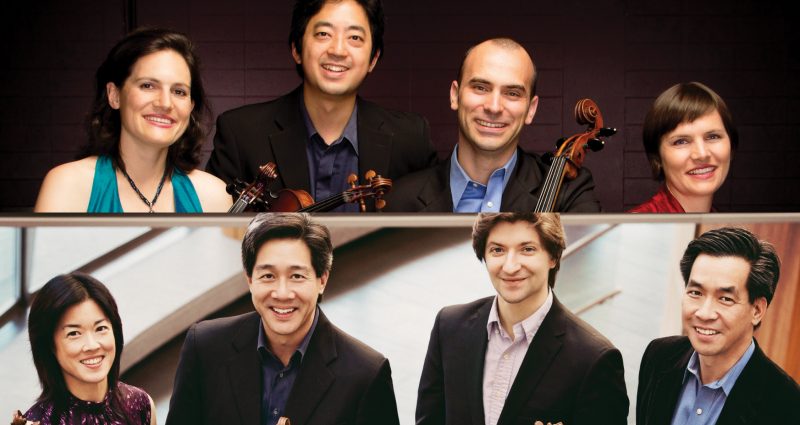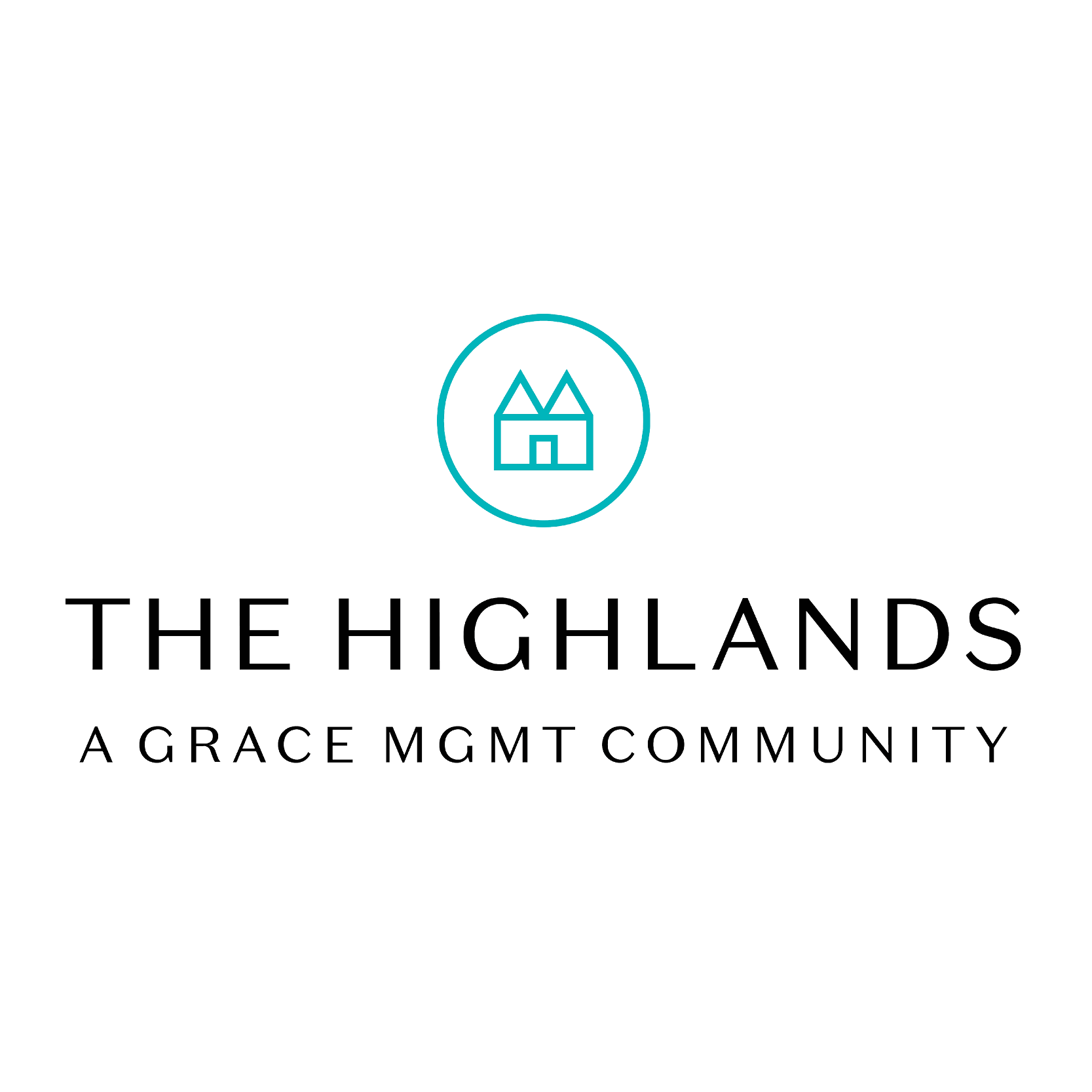- This event has passed.
Jupiter & Ying Quartets
Jupiter Quartet
Nelson Lee, Meg Freivogel, violin • Liz Freivogel, viola • Daniel McDonough, cello
Ying Quartet
Robin Scott, Janet Ying, violin • Phillip Ying, viola • David Ying, cello
WOLFGANG AMADEUS MOZART (1756-1791)
String Quintet No. 4 in G Minor, K. 516
- Allegro
- Menuetto. Allegretto
- Adagio ma non troppo
- Adagio – Allegro
Nelson Lee, Meg Freivogel, violin • Liz Freivogel, Phillip Ying, viola • Daniel McDonough, cello
DAN VISCONTI (b. 1982)
Eternal Breath
Nelson Lee, Meg Freivogel, Robin Scott, violin • Liz Freivogel, Phillip Ying, viola • Daniel McDonough, David Ying, cello • Luke Rinderknecht, shruti
— Intermission —
ANTONÍN DVOŘÁK (1841-1904)
Sextet for Strings in A Major, Op. 48
- Allegro moderato
- Dumka (Elegie). Poco allegretto
- Furiant. Presto
- Finale. Tema con variazioni. Allegretto grazioso, quasi andantino
Robin Scott, Janet Ying, violin • Liz Freivogel, Phillip Ying, viola • Daniel McDonough, David Ying, cello
Program Notes
WOLFGANG AMADEUS MOZART
String Quintet No. 4 in G Minor, K. 516 (1787)
The year 1787 was difficult for Mozart in several ways. Although he had arrived in Vienna in 1781, Mozart still struggled to find the steady and fulfilling position he sought within the city’s musical world. He had a few years of lucrative success as a composer-performer, premiering several piano concertos each season; however in 1786-1787, he turned his attention to larger-scale operatic collaborations, resulting in a sudden decline in steady income that could not adequately sustain his lavish lifestyle. Moreover, in April of 1787, Mozart learned that his father’s health had significantly worsened, which caused particular anguish as the younger Mozart was unable to take the time to visit Leopold in Salzburg.
These trying circumstances surrounded Mozart’s composition of two String Quintets, K. 515/516—often considered the summit of his chamber music writing. Observing the sharp contrasts between the two quintets, commentators frequently draw a comparison between these and Mozart’s Symphonies No. 40 and 41, composed the following year—a comparison bolstered by the respective key signatures of each pair (C Major and G Minor). The dark tone of this quintet is enhanced by Mozart’s choice of ensemble, a string quartet plus an additional viola. This dense instrumentation was nonstandard; and although, by force of these quintets, Mozart was the composer to popularize the genre, he was not without predecessors. Mozart was likely inspired by Michael Haydn (younger brother of Joseph), an old acquaintance from Salzburg who had published his own viola quintets over the preceding decades.
Mozart’s father died twelve days after Mozart completed the String Quintet No. 4. Mozart managed, despite his sorrow, to complete Don Giovanni later the same year, which received a spectacular premiere in Prague. And by the end of the year, Mozart at last obtained part-time royal patronage as “chamber composer” to Emperor Joseph II. It was not as grand of a post as Mozart may have hoped for, but it proved sufficient incentive for Mozart to remain in Vienna.
DAN VISCONTI
Eternal Breath (2011)
Dan Visconti has stated the following about Eternal Breath:
Eternal Breath was commissioned by Bill and Margie Freivogel to celebrate their 40th wedding anniversary, featuring two string quartets which included their children—a real family affair! The piece itself is based on a simple “breathing” phrase, which becomes longer and more elaborate as the expanding melody is passed around the entire ensemble. The idea of the breath of life passed from one generation to the next, as well as the expansion of the family through marriage, inspired the development of the initial, chant-like material. Accompanied by a drone which marks the rise and fall of each musical “breath,” the melody moves through a reverberant and glowing atmosphere until everyone joins in playing the same overlapping phrase, inflected with their own individuality.
I’ve been fortunate to have worked with the Jupiter Quartet previously, so it was via my own close connections with these musicians, and the process of creating a new work together that we perhaps felt an opportunity for an even more “bespoke” project.
This was a very special project for me in that it seemed to connect to the way music was commissioned in the past: always as the centerpiece of ceremony and celebration, playing a central role in both merriment and deep contemplation through association with major rituals like weddings, birthdays, and the like. It’s definitely my most personal commission, and I’ve since tried to bring that same spirit of intimate collaboration around an opportunity (or challenge) to each new work.
ANTONÍN DVOŘÁK
Sextet for Strings in A Major, Op. 48 (1878)
Dvořák composed his String Sextet during a two-week period in 1878, at a transitional phase in his life and career (the contexts are similar to those of his “Slavonic” Quartet. Late in 1877, Dvořák had been awarded his third Austrian State Prize, this time for his set of Moravian Duets. This set of songs, which takes inspiration from the thousands of Moravian folk songs collected by František Sušil, captured the imagination of Johannes Brahms and the prominent critic Eduard Hanslick, both of whom sat on the State Prize committee. The two demonstrated their commitment to popularizing Dvořák’s music beyond his native region, with Brahms commissioning Dvořák to compose a set of Slavonic Dances for international publication.
As Dvořák began enjoying success (among critics and the public alike) with the sets of pieces inspired by his regional heritage, he also explored integrating elements of Slavic music into larger-scale compositions. Foreshadowing his Piano Quintet, Op. 81 (composed a decade later), the inner movements of this sextet take the form of the dumka (a Ukrainian genre of song) and the furiant (a boisterous Bohemian dance).
The Sextet was premiered by an ensemble led by Joseph Joachim, a violinist of international renown and Brahms’s close friend. Having first performed the work at a private soirée in his own home, Joachim added it to his repertoire, bringing it to Berlin and London the following season. Joachim’s approbation—and, by all accounts, rousing performance—of Dvořák’s work further contributed to the composer’s rising fame, and paved the way for future successes in Europe, across the Channel, and before long, across the Atlantic.
Program Notes by Peter Asimov
COVID POLICY
Proof of vaccination and booster required upon entry at Studzinski Recital Hall.
This concert is generously sponsored by:









